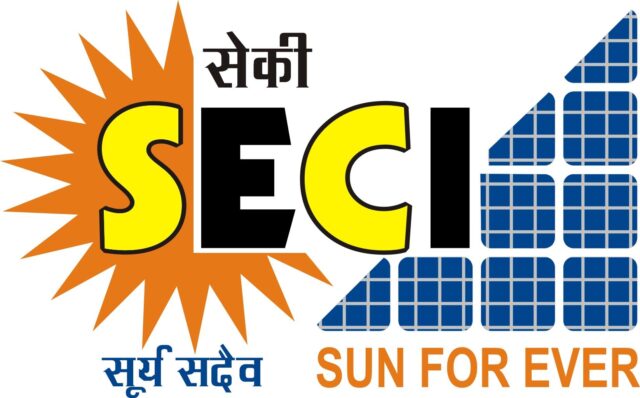Indian government outlines renewable ammonia subsidy scheme
By Julian Atchison on June 18, 2024
Domestic fertiliser producers to receive fixed tonnages

Click to learn more. The SECI has released details for the full tender process for a renewable ammonia scheme, with 539,000 tons per years to be subsidised in India.
Following the announcement of the scheme in January this year, the Solar Energy Corporation of India has released final details for bidders and outlined the full tender process. Successful bidders will be awarded with ten-year purchase agreements, with producers also eligible to claim emissions credits under the Carbon Credit Trading Scheme. Subsidies for renewable hydrogen awarded to production projects in January cannot overlap with this new tranche of subsidies. In total, 539,000 tons of ammonia production is being subsidised, slightly down from an estimated 550,000 tons at the start of this year. The incentive amounts set in January still apply to the tender: US$106 per tonne of ammonia in the first year, US$85 per tonne in the second year, and US$85 per tonne in the third year.
As well as all aspects of the production project itself, ammonia producers will be responsible for “green ammonia transportation to the delivery point”. These delivery points will be the factories of a series of Indian fertiliser manufacturers, which have each specified an annual tonnage of incoming ammonia required. Fertiliser manufacturers include:
- Indian Farmers Fertiliser Cooperative (IFFCO), with 100,000 tons per year (25,000 per quarter) to be delivered to its Gujarat and Odisha locations
- Indorama India Private Limited, with 20,000 tons per year to be delivered to West Bengal (~1,000 tons per month stipulated)
- and Coromandel International Limited, with 150,000 tons total to be delivered to three locations
The full list of manufacturers, locations and tonnages required can be found in the tender document. The tender notes that – while the purchase agreements will remain in force for a decade – production subsidies will only be available for the first three years of ammonia production. Eleven renewable ammonia production projects will be matched to the eleven fertiliser manufacturers in a reverse auction process, with locations to be matched together as closely as possible. Supply will need to commence within three years of the purchase agreement date.
Bids from producers are due by 29 July. Full information can be found on the SECI website.